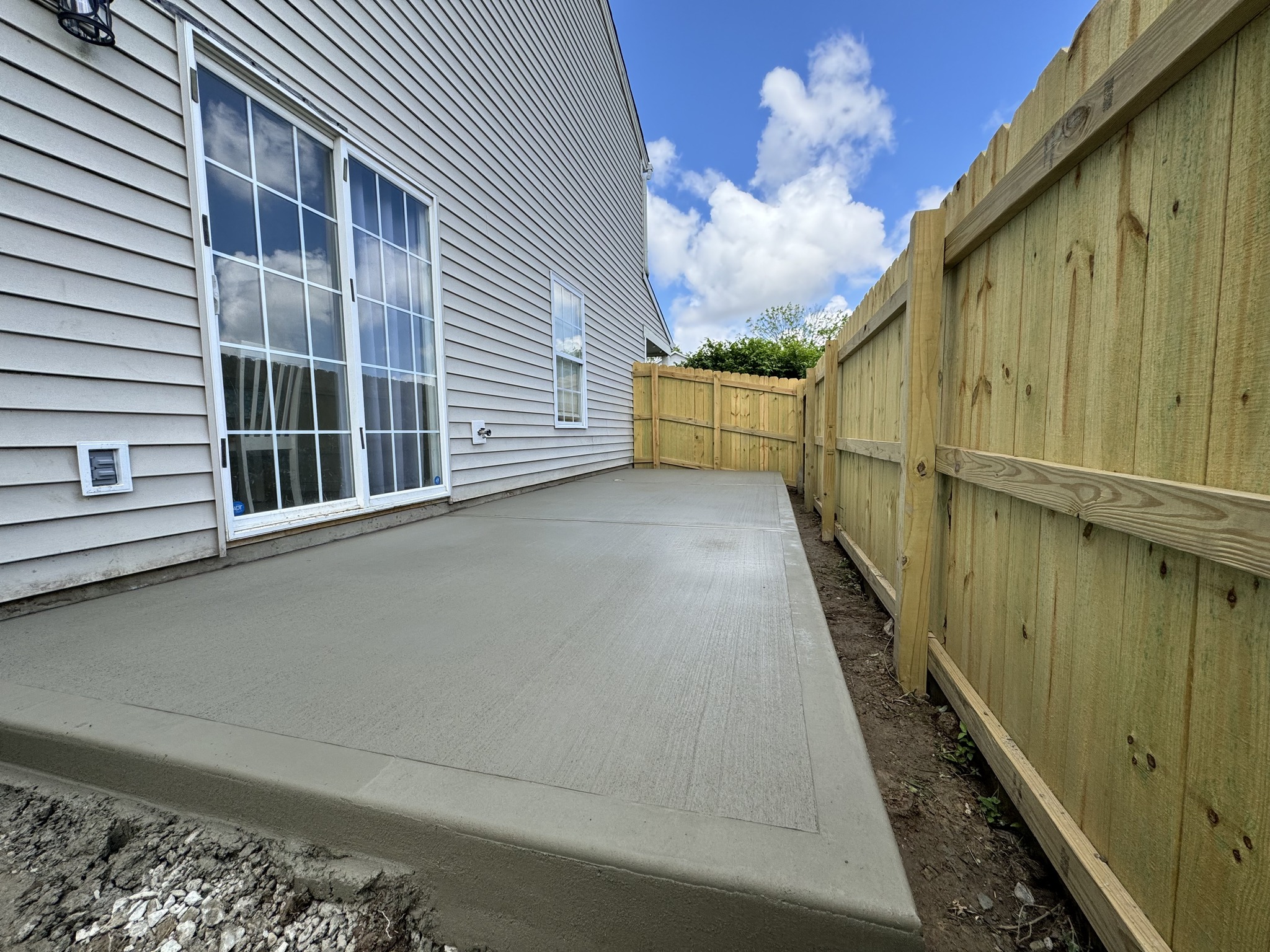
The Importance of Precision in Concrete Pouring Techniques May 02, 2025
Concrete serves as the backbone for a multitude of structures, from residential homes to commercial buildings and infrastructure projects. What's often overlooked is the art and science behind concrete pouring. Precision in this process ensures the longevity and strength of the structure, preventing potential failures that could lead to costly repairs or even safety hazards.
When engaging with concrete services like those offered by H&R Concrete, clients are often concerned about the durability of their projects. Precision pouring is integral to achieving a smooth finish and consistent thickness, which are vital factors in the durability of concrete surfaces. For instance, uneven pouring can lead to weak points in the structure, ultimately compromising its integrity over time.
One of the key elements in ensuring precision is proper planning and site preparation. Before any concrete is poured, the site must be thoroughly inspected and prepared. This involves ensuring the right measurements, even surfaces, and the appropriate formwork placement. Formwork must be both sturdy and precisely positioned to hold the concrete until it hardens and gains sufficient strength.
Moreover, understanding the correct water-to-cement ratio is essential in the concrete mixture. Too much water can weaken concrete, while too little can lead to improper curing. Skilled professionals at H&R Concrete ensure that the mixture is perfectly balanced to achieve the best results. Proper curing processes post-pouring should not be overlooked either, as they enhance the overall quality and strength of the concrete.
The benefits of precise concrete pouring extend beyond durability. Aesthetically, precision leads to well-finished surfaces with minimal defects. This is particularly important in exposed concrete works, where aesthetics are a major consideration. Additionally, precise leveling during the pouring process eliminates future complications, such as water pooling and drainage issues, enhancing both the safety and functionality of the surface.
Another critical aspect of concrete pouring is ensuring safety measures are rigorously followed. At H&R Concrete, our teams are trained to meet industry standards and safety regulations, ensuring that every project is executed with precision and care. This commitment not only preserves the safety of our workers but also guarantees that the final product can withstand environmental and structural stresses.
Finally, precise concrete pouring has a substantial impact on project timelines and costs. Mistakes or oversights in the initial stages can lead to delays and increased expenses due to the need for corrections or reconstructions. By investing in precision from the start, clients can enjoy streamlined processes that save both time and money, ensuring their projects are completed on schedule and within budget.
In conclusion, the importance of precision in concrete pouring techniques cannot be overstated. It is a crucial factor that impacts the structural integrity, longevity, aesthetics, and overall success of any concrete-related project. By choosing H&R Concrete, clients can be assured of high-quality service that emphasizes meticulous attention to detail and superior craftsmanship. These attributes not only ensure the success of each project but also provide peace of mind for the future.
/filters:no_upscale()/media/203210ff-094f-42a2-9093-cbf56f3c2f93.webp)
/filters:no_upscale()/filters:format(webp)/media/c072d2dd-6e4a-4753-97df-7a6e43b11ff1.jpg)